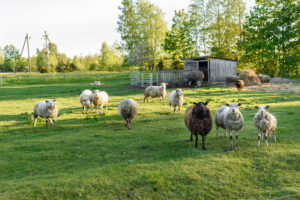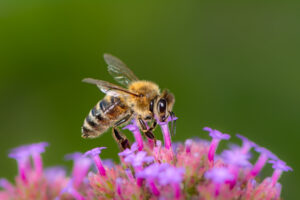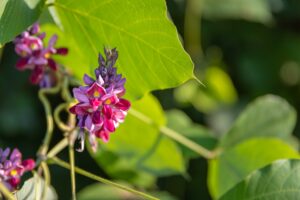
All You Need to Know About Spring Gardening
During the winter season, it can be challenging to cater to one’s interest in gardening. While indoor plants can be grown, the onset of spring and its warmer temperatures bring forth a transformation in the gardening landscape. With the receding snow and slush and the advent of spring, the environment is becoming conducive for gardening







